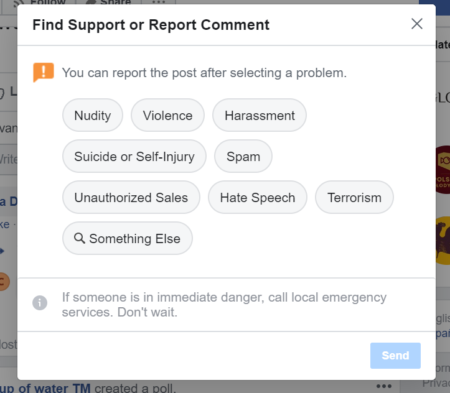Over the next fortnight, Blue Origin founder Jeff Bezos and Virgin Galactic founder Richard Branson will take off into space,…
Browsing: The Conversation
Good-faith disagreements are a normal part of society and building strong relationships. Yet it’s difficult to engage in good-faith disagreements…
On the internet, nobody knows you’re a dog! These words from Peter Steiner’s famous cartoon could easily be applied to the recent ransomware…
Three astronauts on China’s new space station have just performed the country’s first space walk and are busy configuring the module for future…
On June 25, astronauts Shane Kimbrough and Thomas Pesquet successfully completed an almost seven-hour EVA (extravehicular activity, or spacewalk) to install solar…
If like many Muslims you have reported hate speech to Facebook and received an automated response saying it doesn’t breach the platform’s community…
Euro 2020 is one of the biggest events in football, a festival of goal scoring and glory seeking – and…
Many of us vaguely remember the word “hacktivism” from a decade ago. This was a time before serious ransomware attacks dominated current…
Astronomy is all about data. The universe is getting bigger and so too is the amount of information we have about…
Eating alone, daily testing, no talking at mealtimes – the COVID rules recently announced for athletes competing in the Tokyo Olympic and…










